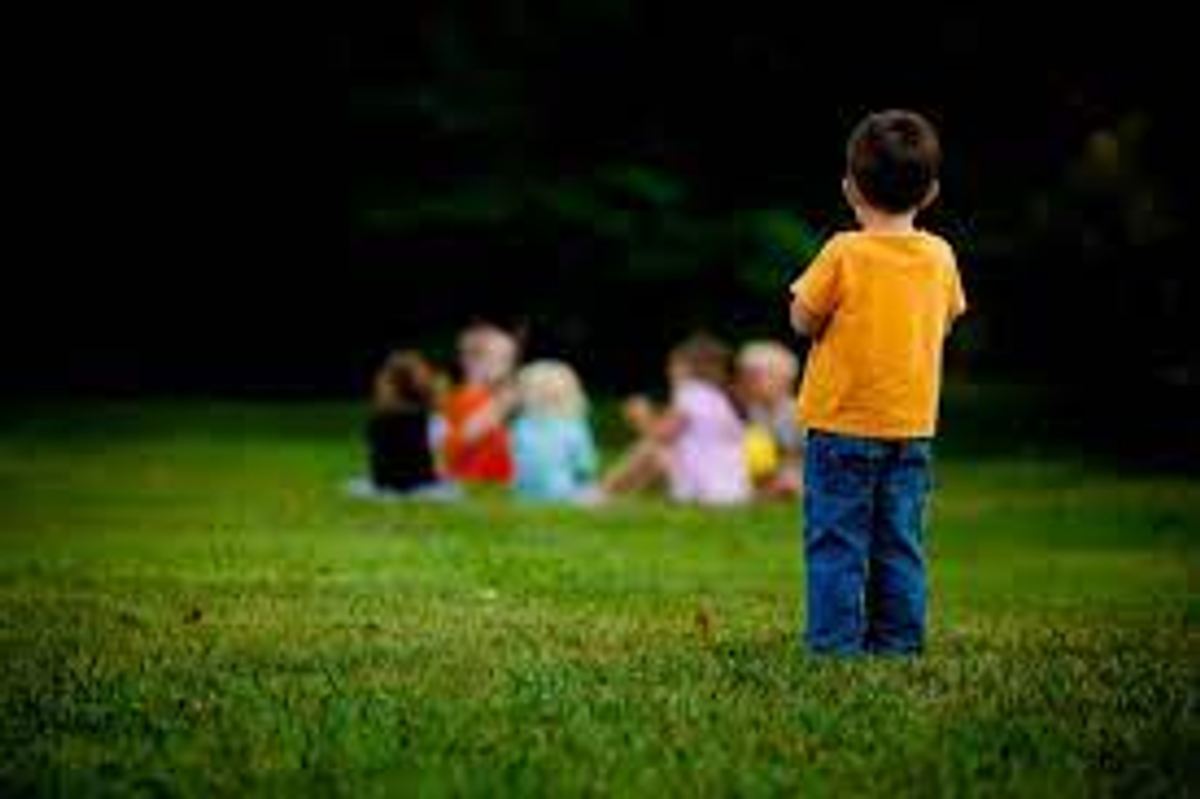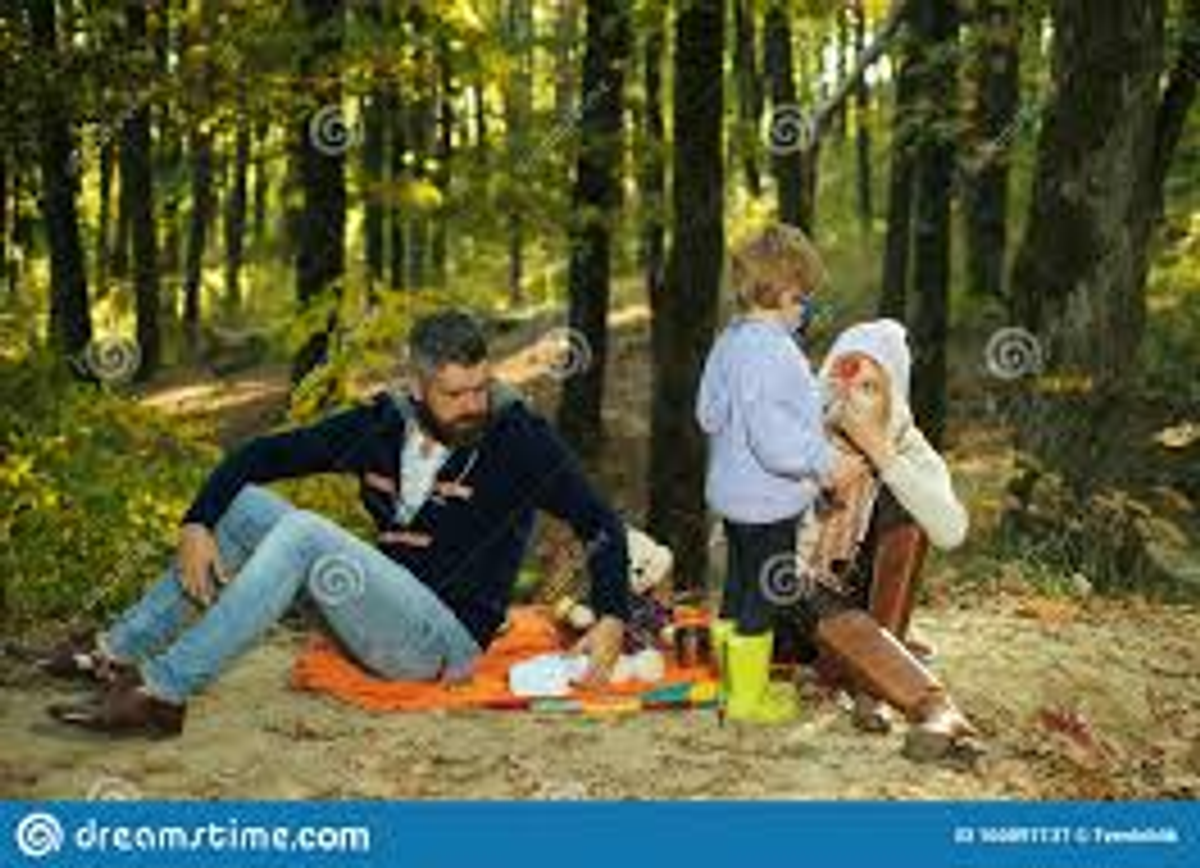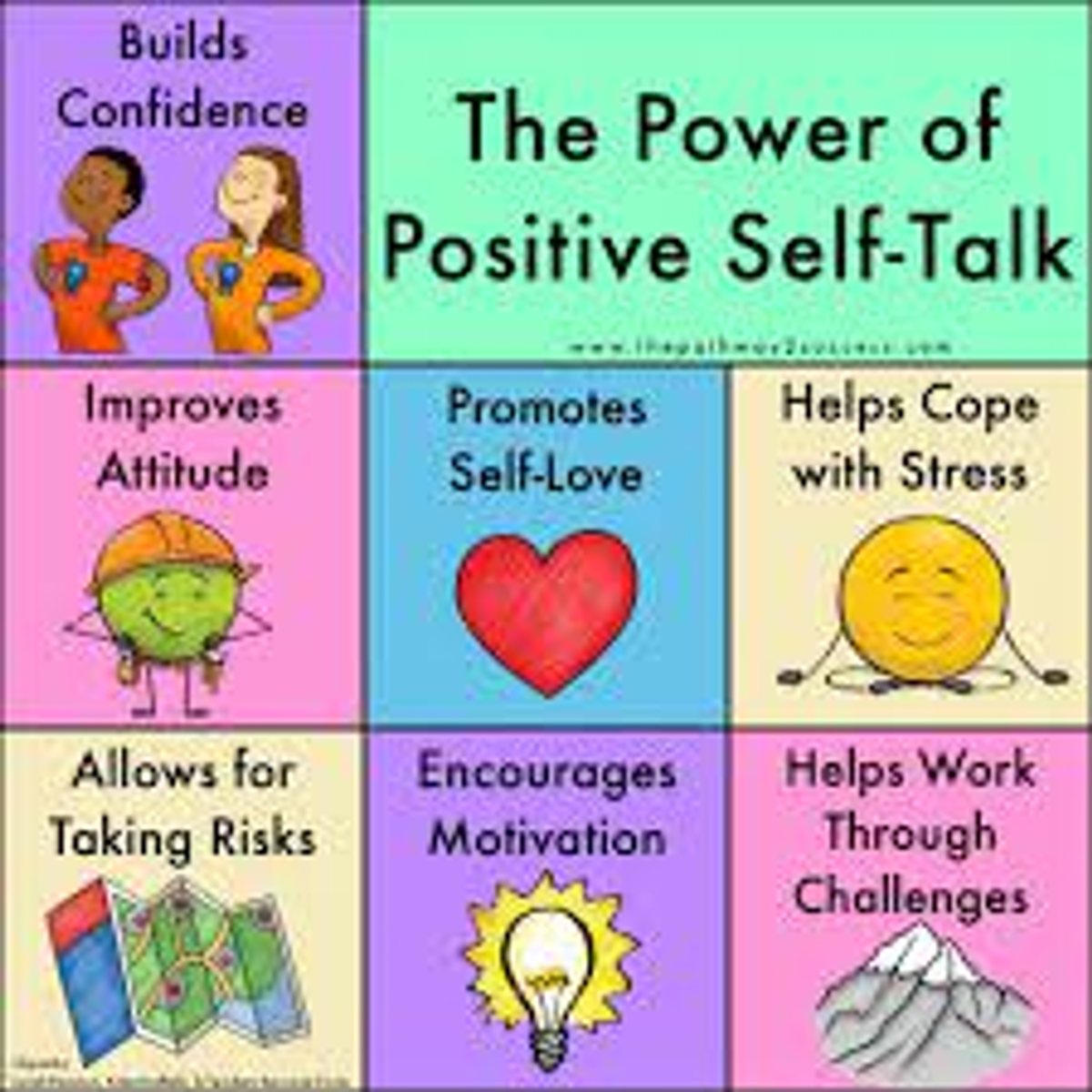Diverse Learning

Two Essential Tools for Playground Happiness - Tool 2
By Helen Davidson and Claire Orange
TOOL 2: What To Do If The Kids Say ‘No!’
Every child, sooner or later, will get the response of: “No, you can’t join in!” when they ask if they can join in a game. This includes popular kids and not so popular kids because it’s part of playground life. Knowing what to say - and do - is therefore very important, because if the child treats it as a major personal affront and over-reacts with anger or misery, their reputation as someone who can be fun, is going to suffer.
Now that doesn’t mean that it’s easy to accept that you’re not allowed into the game – and so it’s important that when you are teaching these tools, you let the child know that you understand that. No-one – adult or child - likes to be left out or rejected. It hurts. However, the reality is that it happens more in the world of the playground than at any other time of life – and growing some tools to manage this difficult situation, is the best solution.
Just as in ‘How To Join In’ – where the child’s words and body language are both important – the same applies to responding to a rejection. It’s what the child does and says that will make a big difference to whether the refusal is something that happens occasionally – or all of the time.
Doing role plays is again the key to making sure the tools stick, so set one up with siblings or a few other children – but if that’s not possible, a child/parent pair is fine. Mimic some sort of game – throwing a ball to a group is ideal – and ask the children to take it in turns to approach the group and ask to join in – using the same questions outlined in ‘How to join in’ and with the same confident body language. Then practice giving these replies to the refusal:
- “Okay; but if you change your mind I’m over there.”
- “Too bad; it looks so much fun.
- “Oh well, perhaps tomorrow there’ll be room for me.”
- “Ok. Have fun!”
The body language that goes with those confident replies is the same as in Skill 1:
- Stand tall, shoulders back
- Stand still
- Hands by your side
- Chin up and looking at the kids
- A loud enough voice so they can hear you
- A smile so you look fun and friendly
And then walk or run towards another group of kids - and don’t look back.
The last piece of the skill is to talk about what the child is thinking while they are confidently moving away. This is the running internal dialogue we all have happening all the time – which can be either Supa Thinkin or Stinkin Thinkin -they speak for themselves don’t they? ‘Supa Thinkin’ such as, ‘Oh well, at least I’m a friendly kid for asking’ or ‘Tomorrow it may be different’ are going to be much more soothing than ‘Stinkin Thinkin’ such as, ‘I hate those kids; everyone is always mean to me’ or ‘I’m going to have a rotten time now!’
Incorporate these terms of ‘Stinkin’ and ‘Supa Thinkin’ into your daily chats with children – believe us, they get it – and they love having a way to describe the sorts of thoughts that they know can make a difference to whether they stay in a grumpy mood or have the answer for working their way out of one.
It’s also taking a difficult situation such as being left out, and using it to teach a child a coping strategy – not drowning in Stinkin Thinkin. And that’s the key to building resilience – grabbing those ‘down’ emotional moments and saying ‘You know what, you can change this by how you think about it!’ What a winning outcome to learn as a kid. Don’t you wish you’d been taught that way back when? We sure do.
Conclusion
These 2 tools cover some common playground situations that require skills and knowledge – about oneself and others. But they’re not only tools for the playground - they are for ‘Life’. The playground is a child’s introduction to the ‘Game of Life’ – forming relationships, making good choices, choosing your friends, problem-solving and dealing with difficult things – and building the tools that will have a profound influence on their happiness and success in life.
Ms Janelle Schembri | Diverse Learning Coordinator




